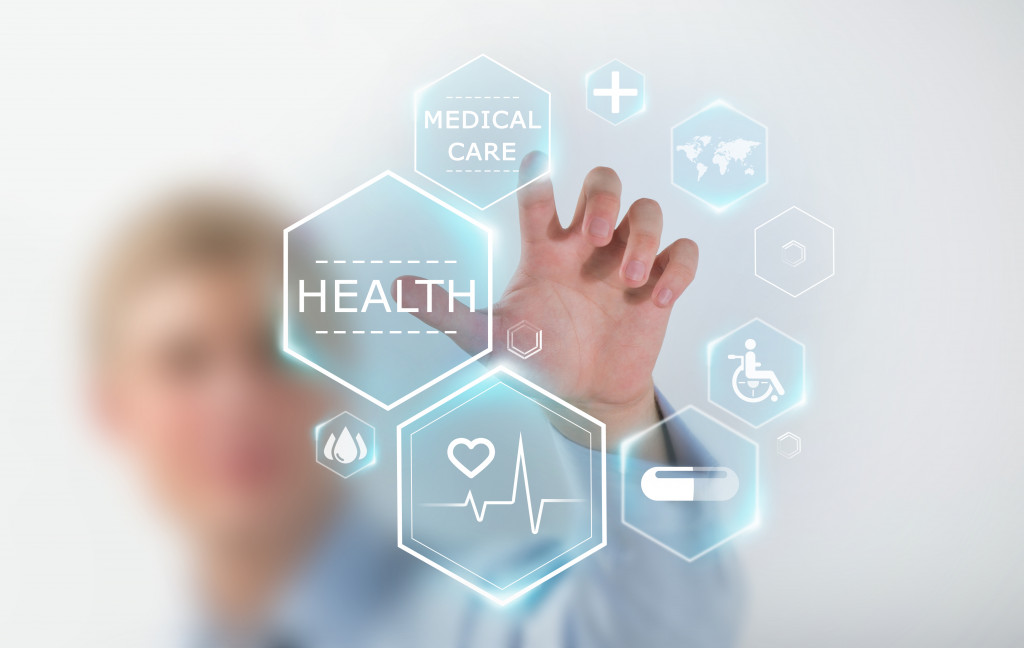Technology is changing healthcare as we know it. From the way doctors are being trained to the way patients interact with their health, technology has changed how we approach medical care and wellness.
The future of patient care will be personalized and proactive, not reactive. It will also require a lot more data collection and analysis than what was needed in the past- which means that old school paper charts may soon become obsolete like 8-tracks and VHS tapes! But let’s take a look at some of these key trends shaping healthcare right now:
1. Artificial Intelligence
One of the most important and pervasive trends in healthcare technology is the rise of artificial intelligence (AI). AI is being used in a variety of ways to help improve patient care, from helping doctors make diagnoses to providing patients with information about their health.
A few different types of AI are being used in healthcare. Machine learning is a type of AI that enables computers to learn from data without being explicitly programmed. This type of AI is being used to improve diagnostics and treatment plans and predict patient outcomes.
2. Virtual Reality
Virtual reality (VR) is another technology that is starting to make its way into the healthcare industry. VR has been shown to be helpful in pain relief, anxiety reduction, and helping patients become more comfortable with medical procedures. VR is also being used to train doctors and nurses.
3. Telemedicine
Telemedicine is the use of telecommunication technologies to provide health care services at a distance. This technology has been around for a while but is becoming more and more popular as it becomes more reliable and affordable. Telemedicine can be used to provide primary care services, mental health care, and even surgery.
4. Mobile Health
Mobile health (mHealth) is the use of mobile devices such as smartphones and tablets to deliver healthcare services. mHealth is becoming more and more popular because it is a cost-effective way to provide healthcare services to patients in remote areas or areas that do not have enough doctors. mHealth can be used for things such as remote patient monitoring, health tracking, and even diagnostics.
5. 3D X-Ray Imaging
3D x-ray imaging is a relatively new technology that is starting to be used in the healthcare industry. This technology allows doctors to get a three-dimensional view of the inside of the body, which can be helpful for diagnostics and treatment planning. Many dentists are using this technology to plan dental surgeries. Life dentistry is one such clinic that has invested in this technology to improve patient care.
6. Genomics
Genomics is the study of the genome, which is the entire genetic makeup of a person or an organism. Genomics is becoming an increasingly important field in healthcare as researchers learn more about the role genes play in disease.
7. Blockchain
Blockchain is a new technology that has been gaining traction in the healthcare industry. Blockchain is a distributed database that allows for secure, transparent, and tamper-proof transactions. This could be helpful in the healthcare industry as it would allow for secure data sharing between patients, doctors, and insurers.
8. Predictive Analytics
Prediction analytics is the process of using data to make predictions about future events. This type of analytics is becoming increasingly important in the healthcare industry as hospitals and clinics strive to become more cost-effective. Predictive analytics can be used to predict things such as patient outcomes, hospital readmissions, and even the need for medical supplies.
9. Internet of Things

The internet of things (IoT) is a network of devices that are connected to the internet. These devices can include things such as smartphones, smart TVs, and even cars. The IoT is becoming increasingly important in the healthcare industry as it allows for the collection and analysis of data from a variety of sources. This data can be used to improve patient care and optimize resources.
In conclusion, the healthcare industry is changing and evolving with new technologies that can provide more cost-effective care. Technologies like artificial intelligence (AI), virtual reality, telemedicine, mobile health apps, 3D x-ray imaging technology, genomics research, and predictive analytics all have their place in improving patient outcomes while reducing costs at hospitals.
These innovations can also be used to improve the quality of life for patients outside of a hospital setting by providing remote monitoring or diagnostics services. To stay ahead of these trends in healthcare technology, companies need only to embrace the change and be willing to invest in these new technologies.


